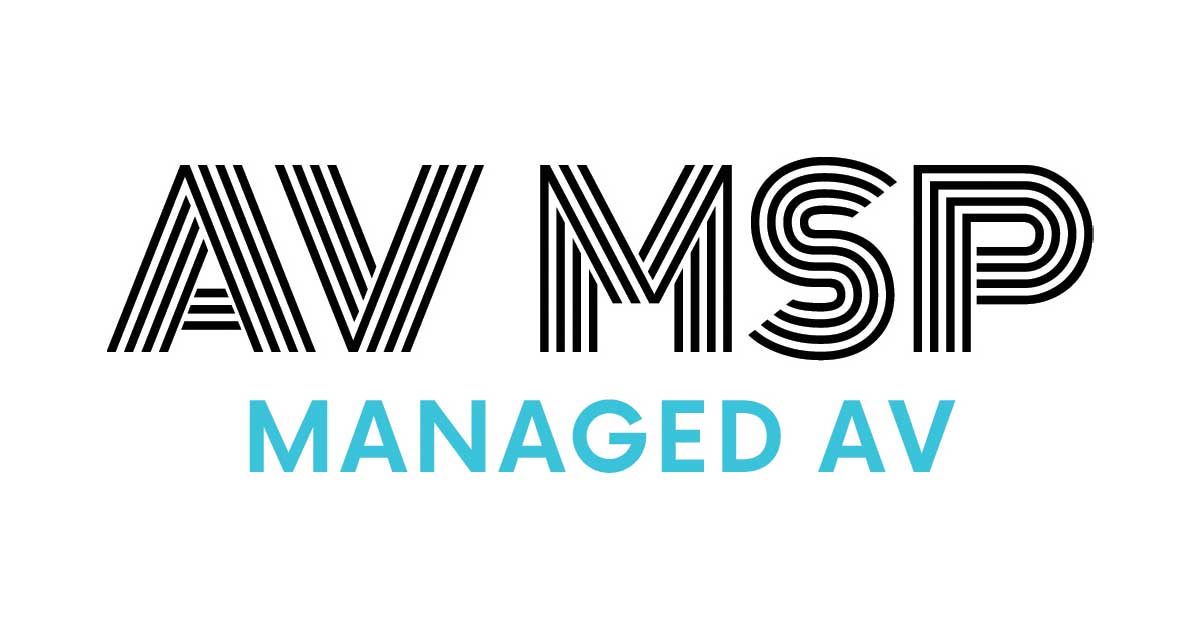What is Artificial Intelligence?
Artificial Intelligence (AI) has varying definitions but for the purpose AV products, let’s say that AI is a set of commands or an algorithm for a computer system that mimics human behavior. As IBM notes, there are two categories of AI – Weak or Narrow AI, which is focused on a specific task, and Strong AI, which is currently theoretical but proposes a machine could have self-awareness to learn and solve problems.
Expectations vs. Reality
You’ve heard of the Gartner hype cycle, right? Right. We are currently somewhere between the Peak of Inflated Expectations where many believed we would have self-driving cars that would change the face of transportation forever and the Trough of Disillusionment where we’ve realized that most AI is used to track every movement and decision we make to sell us socks or something (and that the AI cars we thought would be chauffeuring us around as we napped are trying to kill us).
Realistically, AI development can be used to create algorithms that will assist us in automating tasks that normally require a person to monitor and make decisions, but we should not expect it to learn, grow, or be “intelligent.” It does what it’s trained to do, and the quality of the training is what matters. What also matters is the owner of the AI and how they continue to improve it, providing updates to products as they have improved the performance of the algorithm.
Should you, an AV owner, buy AI products?
This is where we get into real concerns for the AV industry – manufacturers have not had a good track record of providing timely firmware updates or software patches (as discussed in Newsletter #2). If a device with AI is working as you want it to, then you shouldn’t have any qualms about purchasing it. If it’s a “work in progress,” maybe check back later.
For instance, Huddly cameras use AI for “smart framing.” I’ve seen it in action and it works well. If Huddly never updated it, I wouldn’t have any problem with the products as they stand.
One consideration when you see AI products is the privacy of your users. Some algorithms are built from data taken from consenting participants, but some rely on gathering real-time data from users or by capturing their likenesses without their knowledge. While it’s tempting to have cameras count the number of people in a room for utilization metrics, consider that users generally have not consented to this kind of data gathering.
Also consider that AI only learns what it is taught. There can be biases and errors coded in by the AI creator that can have unintended consequences. I recommend giving Coded Bias a watch if you have Netflix; a simple overview of AI and how it is created. Pay close attention to the response of companies when they are confronted with issues in their algorithms (HINT: there’s a reason I’m linking to IBM for discussions on AI).
Bottom line, AI is not magic and won’t make your troubles disappear. It’s useful for developing helpful features in products, but if a company promises any more than that, definitely be wary.

